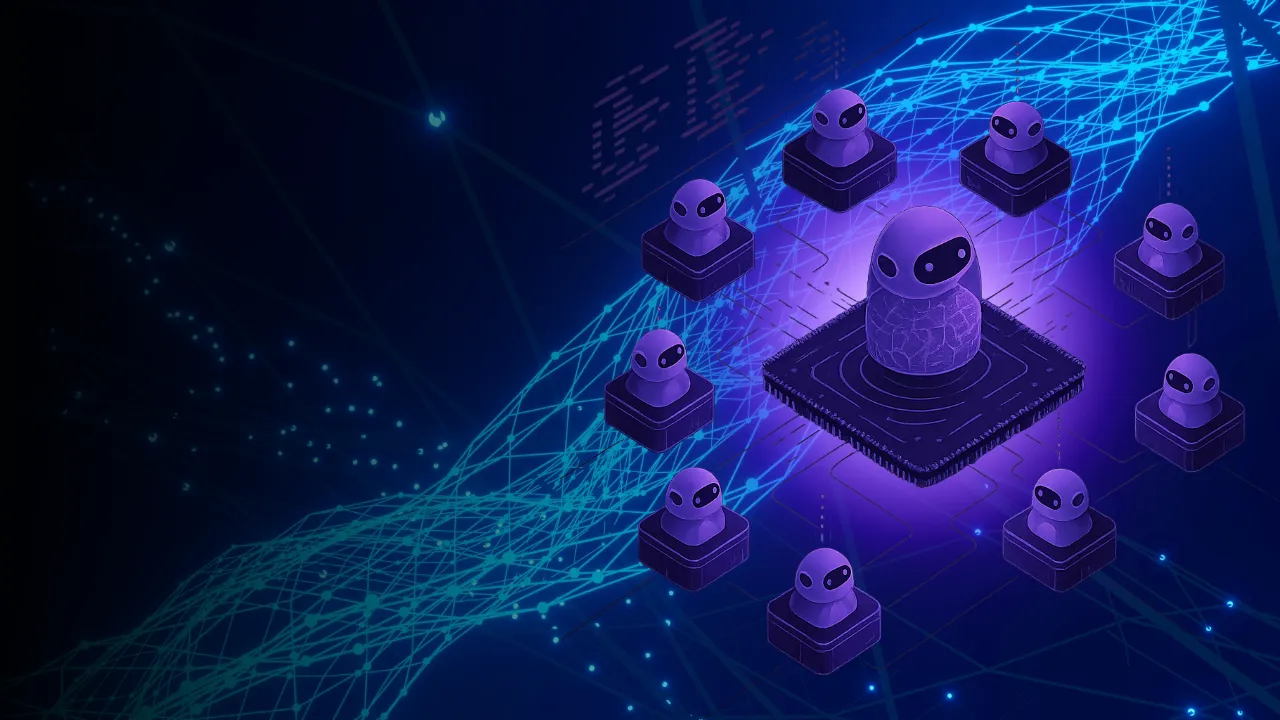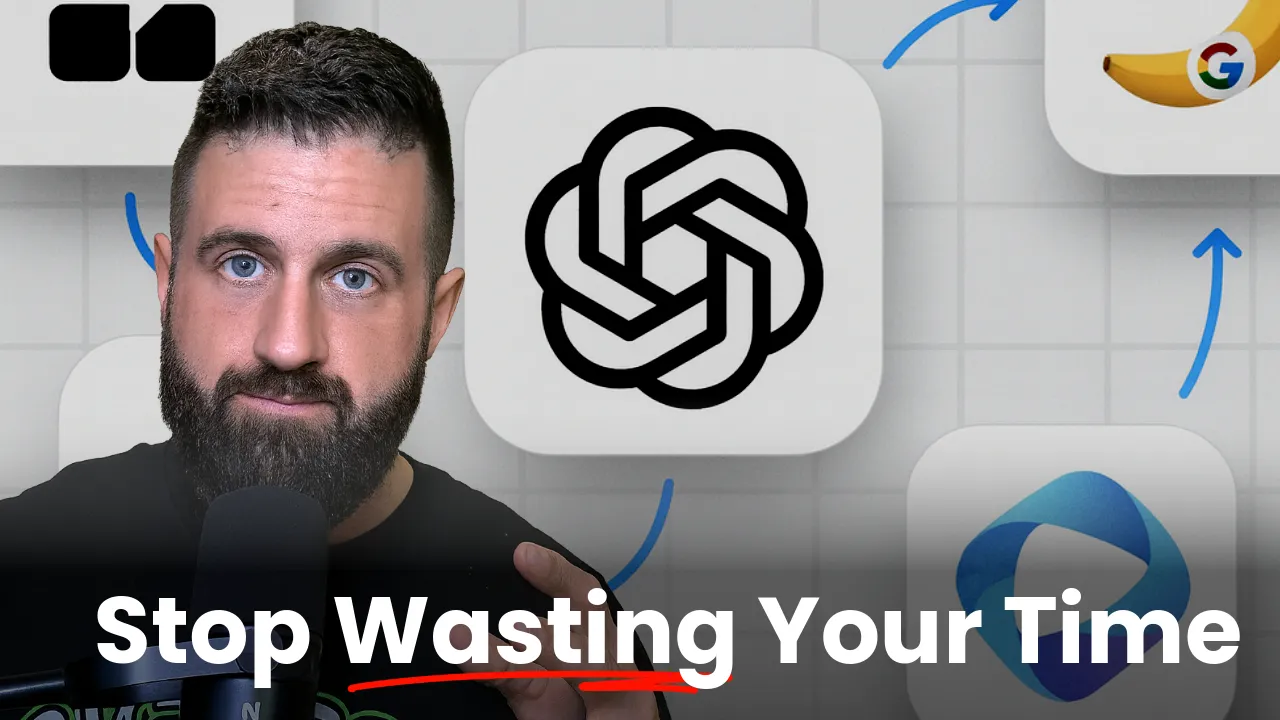How Multi-Agent AI Is Transforming Preclinical Drug Discovery at Scale
Aug 21, 2025 | 4 min read

In pharmaceutical R&D, preclinical research is where critical go/no-go decisions are made. Yet it remains one of the most time-consuming, document-heavy stages in the drug development pipeline. Scientists often spend weeks manually reviewing legacy study reports, compiling regulatory documents, and reclassifying metadata across siloed systems. The result? Bottlenecks, duplicated work, and delayed progress.
That’s why companies like Bayer are turning to multi-agent AI systems to accelerate early-stage discovery—without compromising on quality or compliance.
What Is PRINCE?
Bayer’s PRINCE (Preclinical Information Center) is a cloud-based data platform designed to consolidate and unlock insights from decades of preclinical study data. Built in partnership with Thoughtworks, PRINCE began as a centralized repository for legacy toxicology, pharmacology, and compound reports. But with the introduction of agentic AI, it has evolved into a powerful research assistant capable of:
- Retrieving insights from 17,000+ legacy documents
- Drafting sections of regulatory reports
- Re-annotating outdated or inconsistent metadata
- Reducing manual review effort by up to 90%
How Multi-Agent AI Enhances R&D Workflows
Instead of relying on a single AI model to handle everything, PRINCE uses a multi-agent architecture—which means different AI "agents" specialize in specific tasks and work together like a coordinated team. This setup mirrors how different experts on a research team contribute unique skills to a common goal. Here's how each agent works in simple terms:
- Retrieval-Augmented Generation (RAG): Think of this as a supercharged search engine. When a scientist asks a question, this agent searches Bayer’s massive archive and finds the most relevant documents to support the AI’s answer with real evidence.
- Text-to-SQL Agents: These agents convert plain-language questions into technical database queries. So if someone asks, “How many studies showed adverse events for Compound X?”, the agent translates that into the right code to pull the exact number from the database.
- LLM-Powered Document Analysis: This agent reads long reports, summarizes the key points, and even drafts paragraphs for regulatory submissions. It's like having a fast-reading assistant who can also write the first draft for you.
- Metadata Reannotation Agents: Some older study files may be missing important tags or labels—like study type or species. This agent reads through those documents and automatically fills in or fixes the missing details so everything stays organized and searchable.
By assigning each task to the best-suited AI agent, PRINCE helps researchers move faster and make better decisions—while still keeping experts involved at key checkpoints to verify accuracy and ensure compliance.
Exploring ways to accelerate discovery, automate compliance-ready documentation, or turn decades of data into decision-ready insights? CI Health can help. Connect with our team today.
Real-World Impact
According to Bayer’s R&D leadership, PRINCE has:
- Cut regulatory document drafting time from weeks to hours
- Surface hidden safety signals in legacy data
- Enabled faster planning of new studies by identifying prior toxicology benchmarks
- Fostered collaboration across previously siloed teams like toxicology, pharmacology, and chemistry
Researchers report that they can now ask questions like:
"What studies showed liver toxicity in rats for compounds targeting Pathway X?"
...and receive instant answers with full source traceability.
Built for Compliance, Not Just Speed
PRINCE was built with strict pharma compliance in mind. Every AI-generated response is traceable to its source document. The system operates on Bayer’s internal GenAI infrastructure, with audit logs, role-based access, and human review checkpoints.
By combining speed with transparency, Bayer has created a system researchers trust—not just because it’s fast, but because it’s accountable.
Why It Matters
With pressure to accelerate discovery while staying compliant, tools like PRINCE represent the future of pharmaceutical R&D. They don’t just automate—they enhance how scientists interact with data, improving outcomes and collaboration.
Agentic AI isn’t replacing experts—it’s amplifying them.
For pharma organizations sitting on decades of underutilized data, multi-agent systems like PRINCE show what’s possible: faster discovery, fewer blind spots, and smarter science.
Ready to Unlock the Value of Agentic AI?
If you're exploring ways to accelerate discovery, automate compliance-ready documentation, or turn decades of data into decision-ready insights—CI Health can help. Our AI advisory and implementation services are built for regulated industries like pharma, with a focus on speed, accuracy, and transparency.
👉 Connect with the CI Health team to explore how agentic AI can transform your R&D workflows.
Sources
- Bayer + Thoughtworks: https://www.thoughtworks.com/en-gb/clients/bayer
- Pistoia Alliance Webinar: https://www.pistoiaalliance.org/eventdetails/accelerating-preclinical-drug-discovery-with-agentic-ai-inside-bayers-prince-multi-agent-system/
- Endava Interview: https://www.endava.com/insights/articles/agentic-ai-in-pharmaceuticals-a-qa-with-richard-pugh
- Salesforce (Agentic AI Overview): https://www.salesforce.com/healthcare-life-sciences/life-sciences-artificial-intelligence/agentic-ai-in-pharma/



 Gradial
Gradial  PEGA
PEGA 




